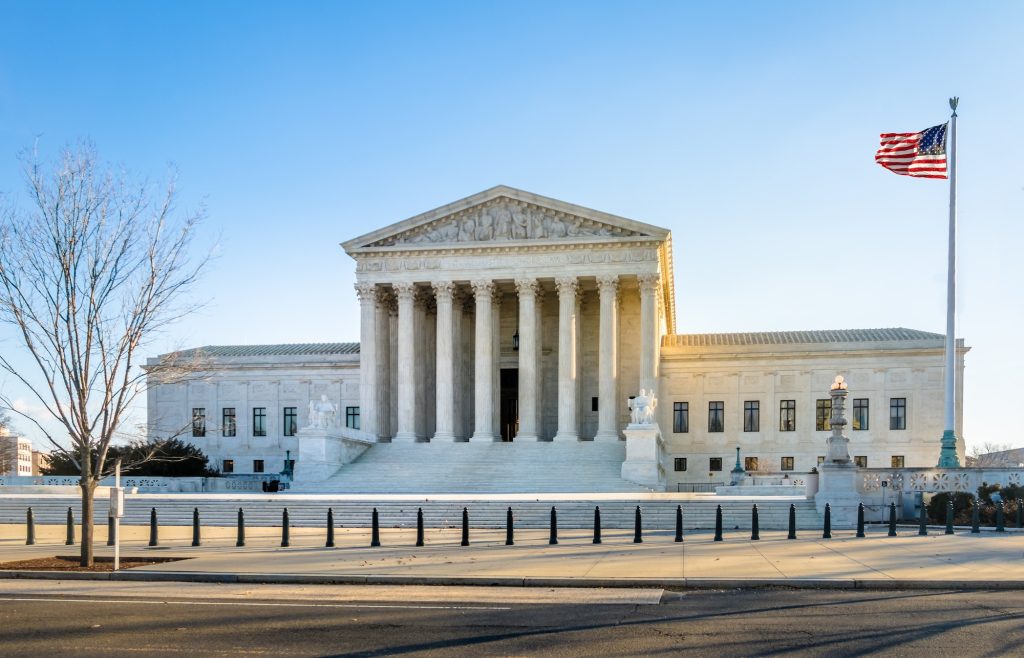US Supreme Court halts order restricting Biden administration’s influence on social media content
The lower court decision, stemming from a lawsuit alleging suppression of conservative perspectives, would have taken effect on Monday but has been postponed until September 22 by the Supreme Court.

The US Supreme Court has temporarily halted a lower court’s order that restricted the Biden administration’s efforts to address contentious social media content related to COVID-19 and election security. This lower court ruling was prompted by a lawsuit alleging that the White House and government agencies were unlawfully suppressing conservative viewpoints.
The Supreme Court’s decision delays the implementation of the lower court order until September 22nd. In the Missouri and Louisiana state lawsuits, a conservative website owner and individuals critical of the administration’s COVID-19 policies claim that officials pressured online platforms to remove content by threatening potential antitrust actions or changes to federal laws.
While a panel of judges from the 5th US Circuit Court of Appeals narrowed the order, they still found that the administration had exerted unconstitutional pressure on social media platforms and prohibited officials from significantly influencing online content. The administration argues that the ruling still goes too far and emphasises the distinction between persuasion and coercion in dealing with differing viewpoints.
Why does it matter?
This case arises within the broader context of political polarisation and the ongoing effort to combat misinformation and disinformation in the United States before the 2024 election. In a recent CNBC interview, former Google CEO Eric Schmidt sounded an alarm for the upcoming election, citing the growing accessibility of advanced AI tools as a key driver of misinformation. While digital platforms seem to be taking steps to address these issues, including requiring disclosure of AI-generated content in political ads and strengthening safety and election teams, the Supreme Court’s decision will significantly impact how future efforts are remedied – whether through self-regulation or in response to government requests.
